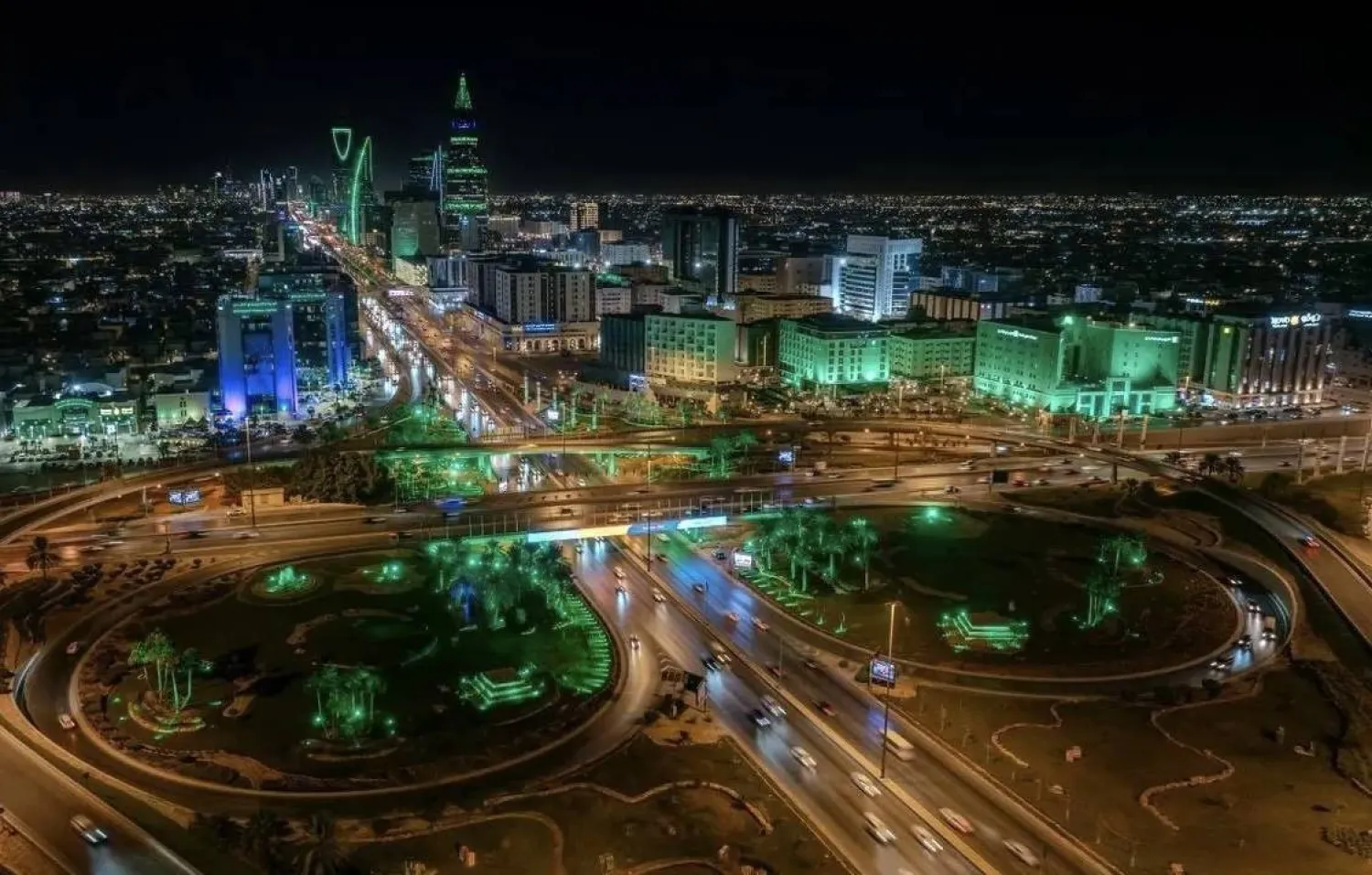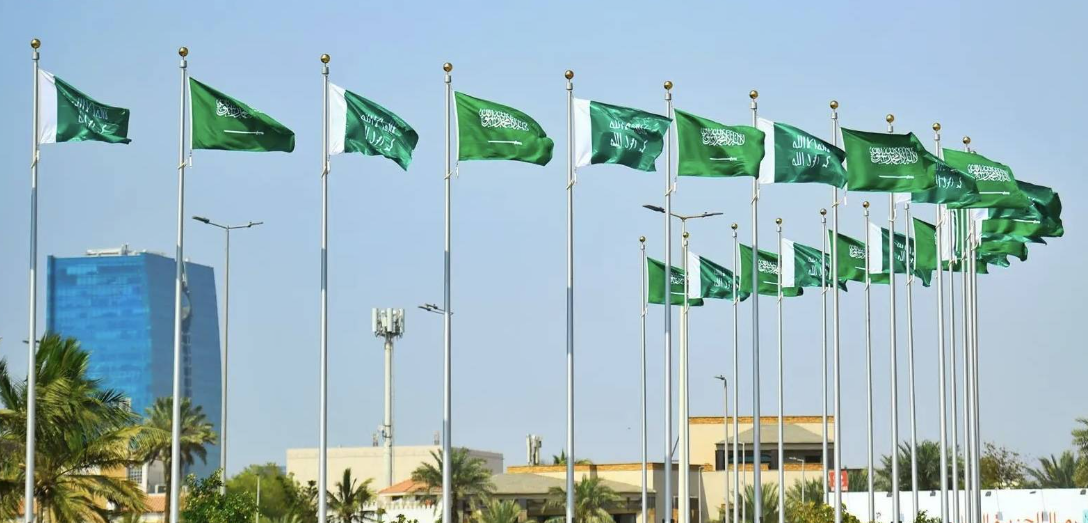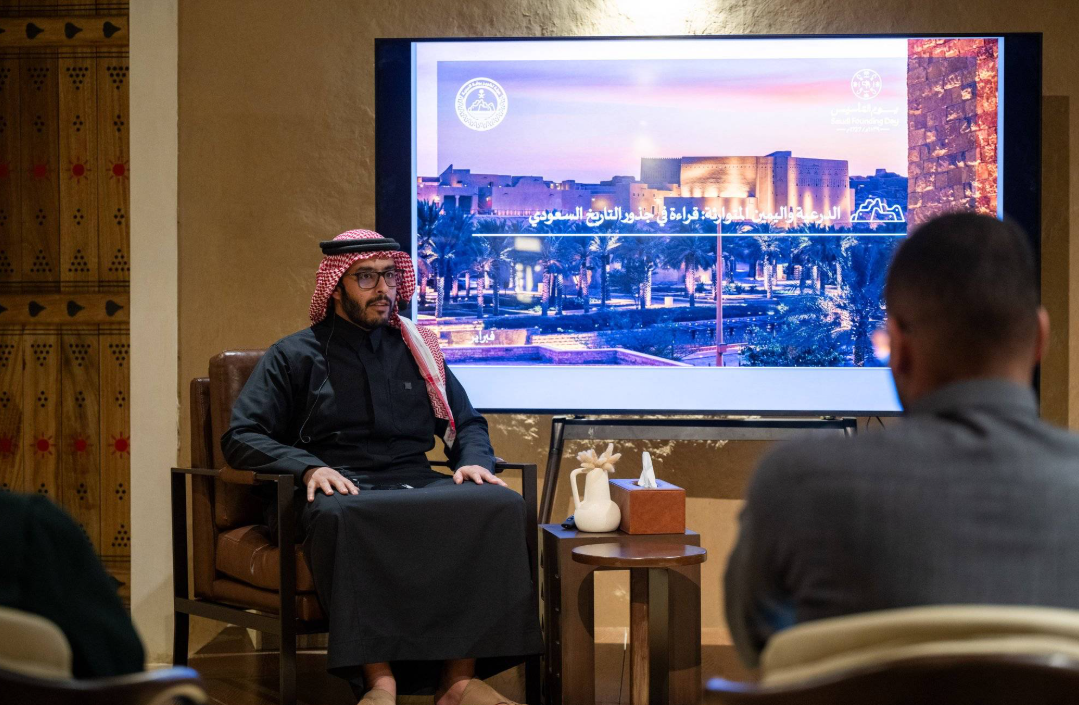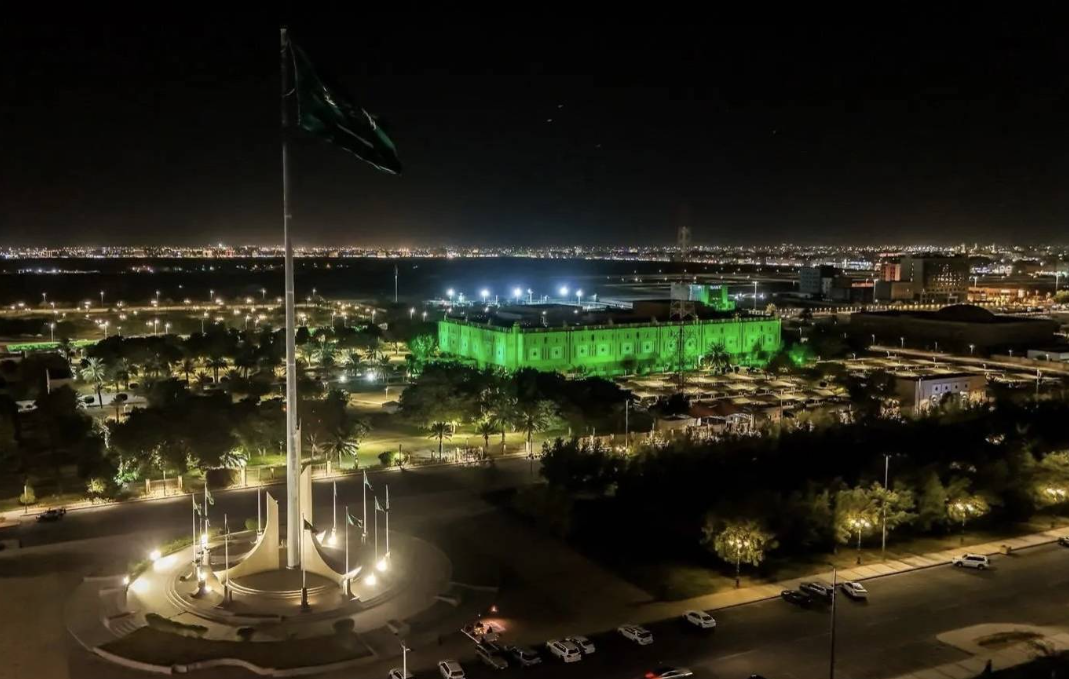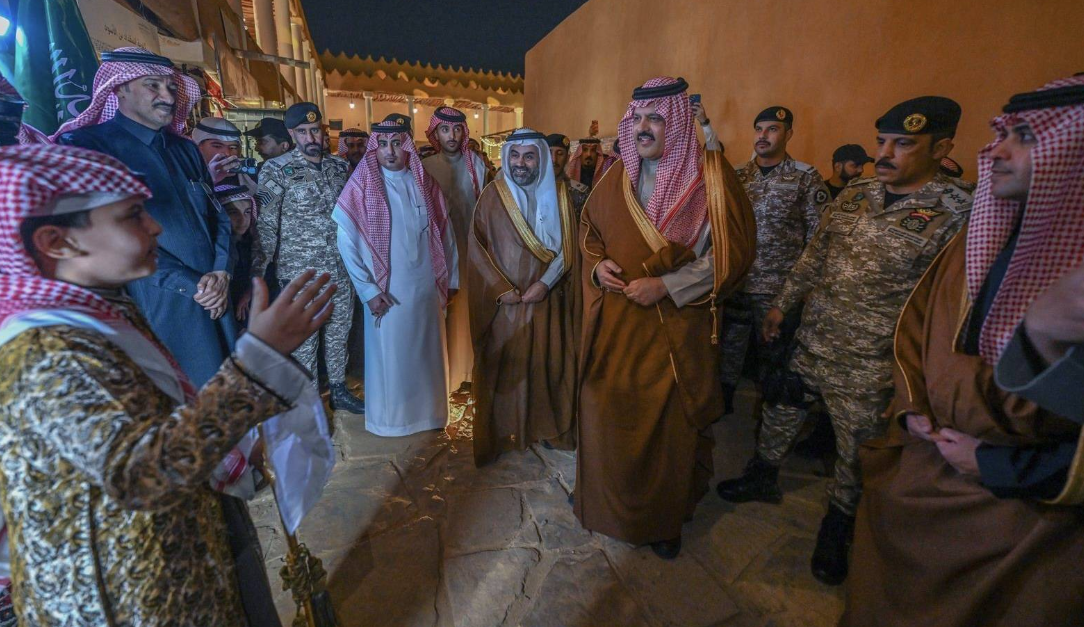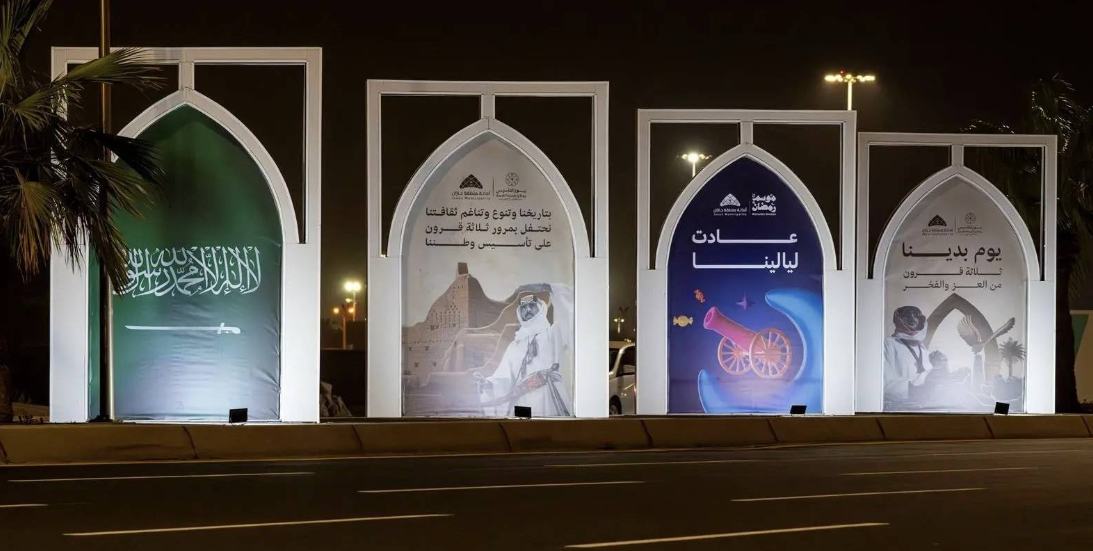A Lebanese archbishop who carried more than $460,000 from Israel to Lebanon is at the center of the latest sectarian showdown in crisis-hit Lebanon, and the case could even spill over into presidential politics.
The situation has ramped up discord between two powerful political camps: Lebanon’s Shiite Hezbollah group and the Maronite Church.
The clergyman was briefly detained last month by Lebanese border agents who confiscated 20 suitcases stuffed with cash and medicine, arguing he violated Lebanon's strict laws against normalization with Israel.
Hezbollah's opponents say the Iran-backed group has sway over Lebanese institutions and security agencies, and have used them to target the Maronite Church. The archbishop, Moussa al-Hajj, is a senior member of the Maronite Church, whose patriarch has become increasingly critical of Hezbollah and its growing influence in Lebanon.
Much of the Christian community saw the archbishop’s detention as an attack on the church.
In a sermon late last month, Maronite Patriarch Beshara al-Rai denounced the legal proceedings against al-Hajj as a fabrication, arguing that the money was for charity. He demanded that the charges be dropped and that the military judge who presides over the case resign.
Rai was met with a standing ovation and protesters gathered the following week at his summer residence to rally in support of the church.
Underlying the dispute are decades of hostile relations between Israel and Lebanon. The two countries have formally been at war since Israel's founding in 1948, and Lebanon has tough anti-normalization laws on the books. The border remains closed, though several top Lebanese Christian officials have permission to cross on occasion to visit their flock in Israel, the Palestinian territories and Jordan.
On July 20, Lebanese border agents held al-Hajj for eight hours after he returned from Israel with 20 suitcases of medicine and cash. Al-Hajj said he was delivering money and assistance from Lebanese Christians in northern Israel to their relatives in the cash-strapped country. The agents confiscated the money, the medicine, al-Hajj’s cellphone and passport.
Hezbollah officials saw al-Hajj's act as normalization with Israel and accused him of delivering money from Lebanese affiliated with a militia that once fought alongside Israel.
Thousands of Lebanese moved to Israel after it ended an 18-year occupation of parts of southern Lebanon in 2000. Many of those who fled to Israel were linked to the main pro-Israeli militia in the region, the South Lebanon Army, which collapsed after Israeli troops withdrew.
The case could have wider political implications.
The country for months has been without a fully functional government and is expected to hold presidential elections before the end of October.
Under Lebanon’s sectarian power-sharing system, its president must always be a Maronite. Incumbent President Michel Aoun is an ally of Hezbollah, but the Maronite patriarch's increasingly vocal criticism of Hezbollah suggests there is no guarantee the next president will continue an alliance with the militia.
Lebanon’s parliament once had a clear majority for Hezbollah and its allies but since elections in May it now stands neck and neck with some of its staunchest opponents, most notably the Christian Lebanese Forces party.
Most Christian members of parliament and legislators of other sects who oppose Hezbollah rallied to back the archbishop and the Maronite church.
“We agree with everything they have said, whether it’s their calls for removing the judge, or the selectivity in how the archbishop was treated,” said Elias Hankash, a legislator of the Christian Kataeb Party. “They (Hezbollah officials) shouldn’t just take out their anger on a religious official to send their message to the patriarch.”
Imad Salamey, a political science professor at the Lebanese American University in Beirut, said much is at stake for Hezbollah.
“We’re coming to a presidential election and following that we have to form a new government, and set a government policy to negotiate with the IMF (International Monetary Fund,” he said. “I think Hezbollah wants to send all kinds of messages at the moment, and is determined to show it continues to be the major player among all.”
Hezbollah’s leadership didn’t comment. Its leader Hassan Nasrallah in a recent interview denied the group’s influence in security agencies and the judiciary. “In Lebanon there are laws, and the security agencies take action towards any collaborator or possible collaborator,” he said.
The head of Hezbollah’s block in parliament Mohammad Raad was more explicit, saying the archbishop’s delivery of money and medicine was normalization, which he called a “national betrayal and a crime.”
A person close to ael-Hajj's case told The Associated Press that authorities offered to Rai to return the archbishop's confiscated passport and phone, but keep the bags of cash and medicine. Rai reportedly refused and the archbishop will not attend any hearings
Meanwhile, poverty deepens for millions of Lebanese, about three-quarters of its population. Rampant power cuts, breadlines and inflation plague households across the country’s mosaic of 18 religious sects following decades of nefarious economic mismanagement and corruption from Lebanon’s ruling parties.
People demand accountability and reform, so divisive political tension could be a good smokescreen, said Mohanad Hage Ali, research fellow at the Carnegie Middle East Center.
“The political class is resorting to the old method of sectarian polarization,” Hage Ali said. “It has been effective, and I think it will continue to be effective.”






